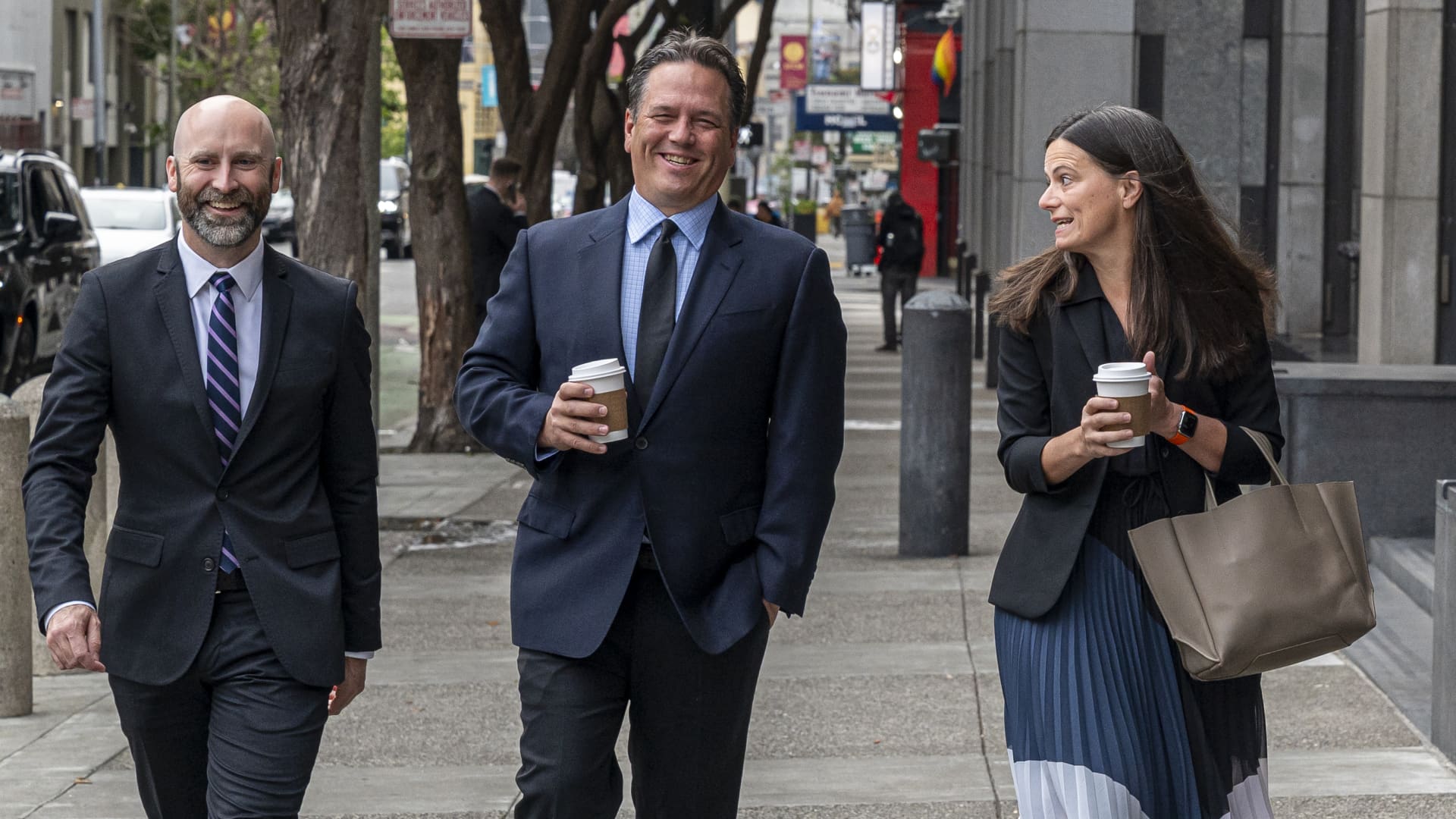Apple CEO Tim Cook said the company is seeing inflationary pressure in an interview with CNBC’s Julia Boorstin on Thursday as the company reported nearly $124 billion in sales in its December quarter.
“We try to price our products for the value that we deliver and we are seeing inflationary pressure,” Cook said. “I think everybody’s seeing inflationary pressure. There’s no two ways about that.”
The observation from the head of the country’s most valuable company comes as the Biden administration and Federal Reserve grapple with questions about how to tame elevated inflation and whether to raise interest rates.
The consumer price index, an metric measuring price increases across a basket of consumer goods, rose 7% in December from a year earlier, its fastest annual pace in nearly 40 years.
On a earnings call with analysts, Cook expanded on how inflation is affecting Apple’s business and gave an example of shipping costs.
“We’re seeing inflation and it’s factored into our gross margin and opex that [Apple CFO] Luca [Maestri] reviewed with you earlier,” Cook said. “Logistics, as I’ve mentioned on a previous call, is very elevated in terms of the cost of moving things around.”
Cook said that he hoped the increased costs would be temporary.
“I would hope that at least a portion of that is transitory, but the world has changed and we’ll see,” Cook said.
Inflation hasn’t hurt Apple’s business, which reported rising gross margins in the December quarter, and Apple hasn’t raised prices in response to inflation in the United States. Cook didn’t rule out the possibility of price increases in his interview with CNBC nor on Apple’s earnings call.
Cook also said he expects supply chain constraints, which are contributing to inflation, to ease for Apple in the coming months.
In September, Nikkei Asia reported that chip prices were rising at TSMC, Apple’s chip manufacturer, and that technology companies could decide to pass the increases to customers. On Thursday, Cook said that “we’re doing okay on the leading edge stuff,” referring to supply of the processors that TSMC manufactures.
Apple doesn’t often raise prices after products are released, although it sometimes does so in response to regional economic conditions. For example, last year, Apple raised prices at its online Apple store in Turkey as the lira fell in value and inflation in the country hit a two-decade high.
However, Apple sometimes raises prices compared to last year’s models when introducing new iPhones and other devices in the fall.





